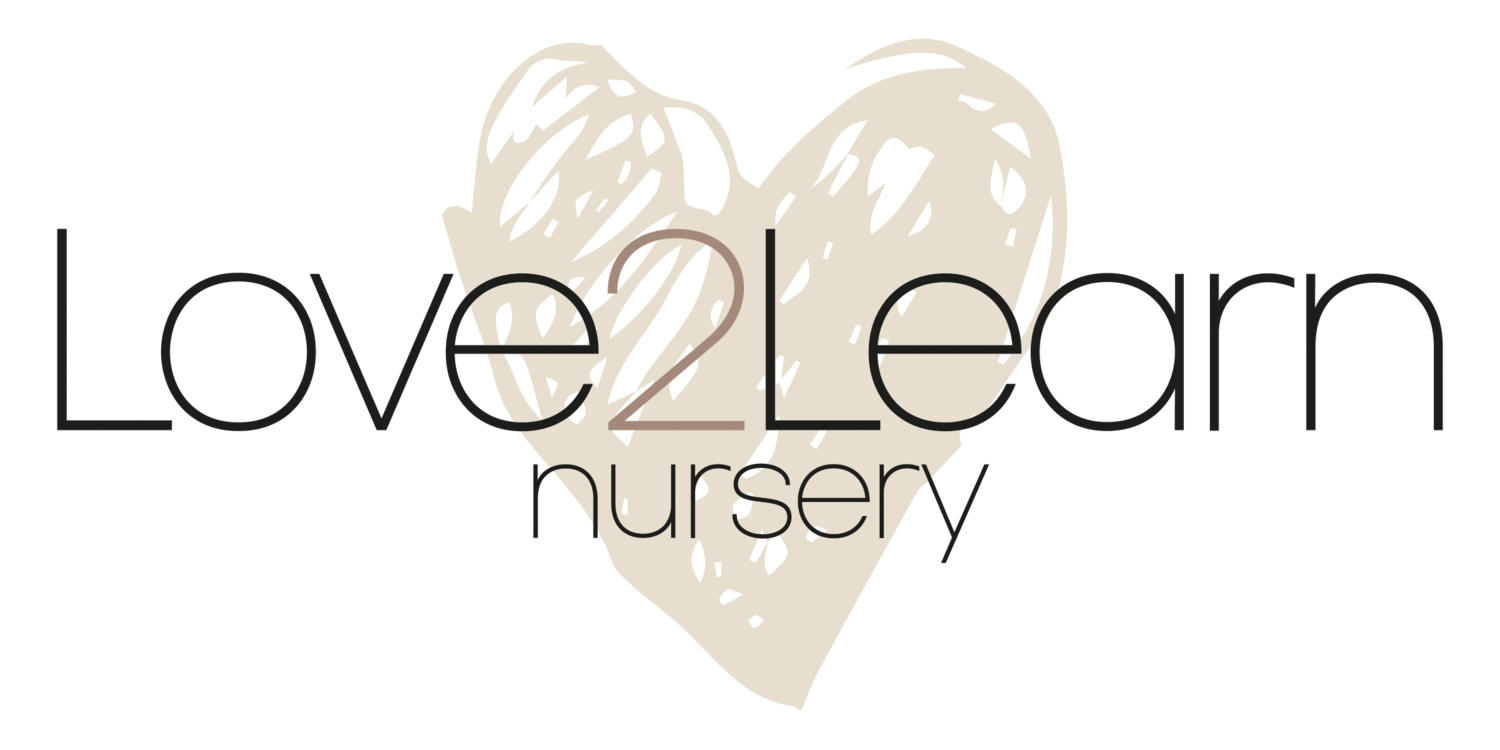Neuroscience
Neuroscience
The brain is an amazing organ, an advanced computer, the mother board of all we are and all we will become.
But what does this actually mean and how does it relate to early childhood?
"Neuroscience is the scientific study of the nervous system, which comprises of the central nervous system, (the brain and spinal cord) and the peripheral nervous system, (all other nerves that generally send and receive signals to and from the brain)." - London School Of Childcare Studies
Brain development begins from conception, this process then continues into adult hood. Studies show that early experiences affect the quality of brain development and have a negative effect on the foundations in which function from the brain is built on.
A fragile foundation can affect the learning, health and behaviour that comes later.
In the first few years of life, more than a million connections are formed every second in the brain. These circuits are then built upon as we grow, forming more complex brain circuits.
Through studies scientists have found a major ingredient in this development, called 'the serve and return', this is built upon the relationship between children, their parents and care givers.
Without a response to interaction, or if responses are unreliable or inappropriate, the brains foundations do not form as expected, which can lead to challenges with learning and behaviour.
The brain is most adaptable in early life, as the brain matures it becomes more complex and circuits are embedded.
As the brain matures, it is less capable of reorganising or unexpected challenges. In the first year of a babies life, the first parts of brain development are begging to specialise, building upon the foundations into circuits, these brain circuits then become increasingly difficult to alter over time.
The brain has multiple functions and is a highly coordinated interrelated organ.
This information is fantastic but what does it actually mean and how do we support the neuro-development of children?
The good news - it’s in the things we do every single day.
Talking to your child is so powerful, babies in the womb can listen to and recognise the sound of their mothers and significant people in their lives, voices.
When we talk to our children, we are igniting connections in the brain.
Research shows that a simple and powerful way to build children’s brains is to talk with them, early and often - It really is that simple!
Brain connections are also built through every experience. This could be a shopping trip to the local supermarket, catching a bus, choosing their clothes, having breakfast with the family at the table and much more.
The secret is, you’re already doing this each day without even consciously realising.
Knowledge is power and the more we know the more we can do, so the next time you visit the supermarket, encourage your little one to write a shopping list, ticking off the items as you pop them into the trolley and of course, talk through what you’re doing.
Our aim is to expose children to as many words to widen their vocabulary, as possible, to expose our children to as many learning opportunities that we can.
To support their development now, means we are already supporting them as the adults they will become.



